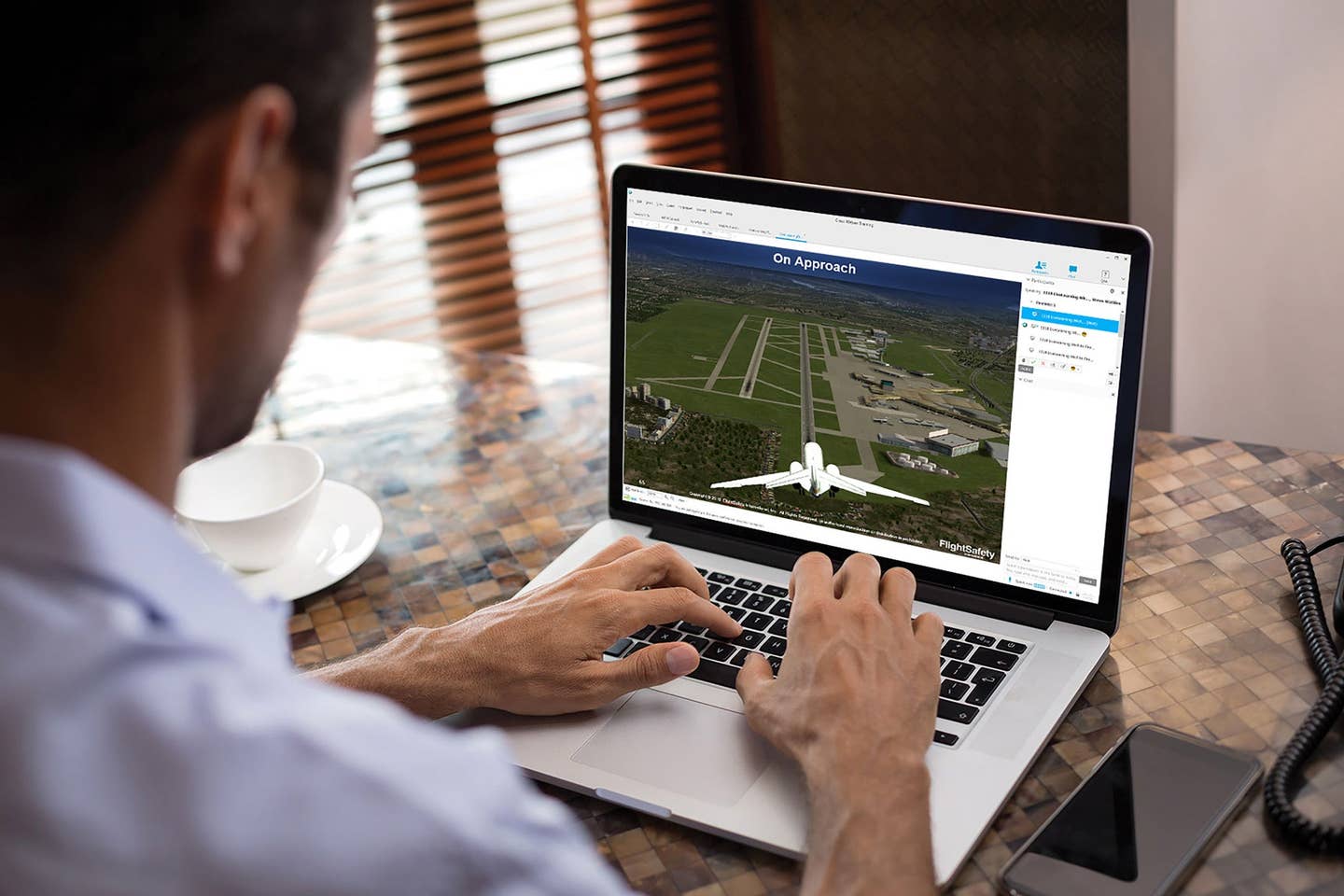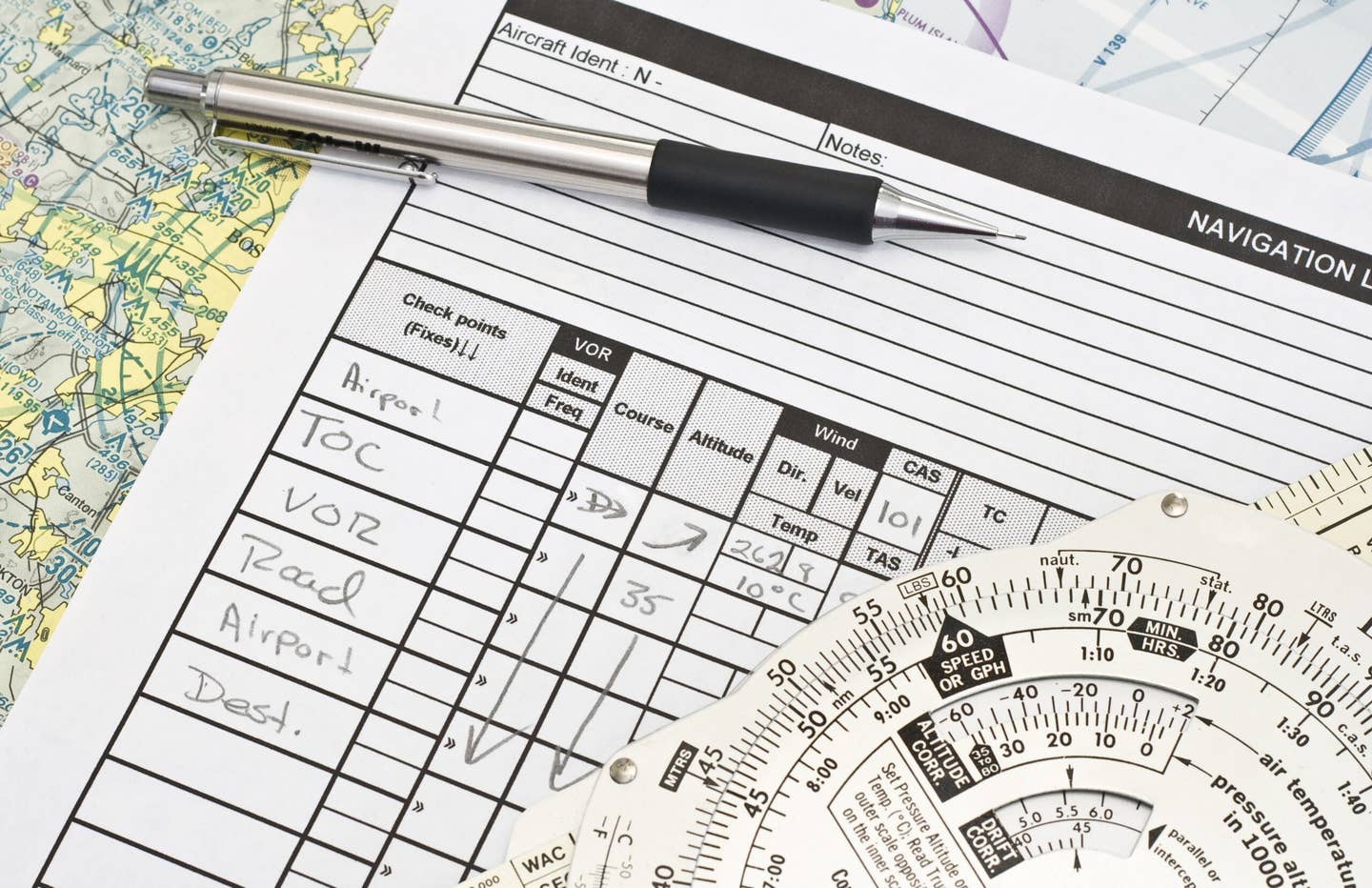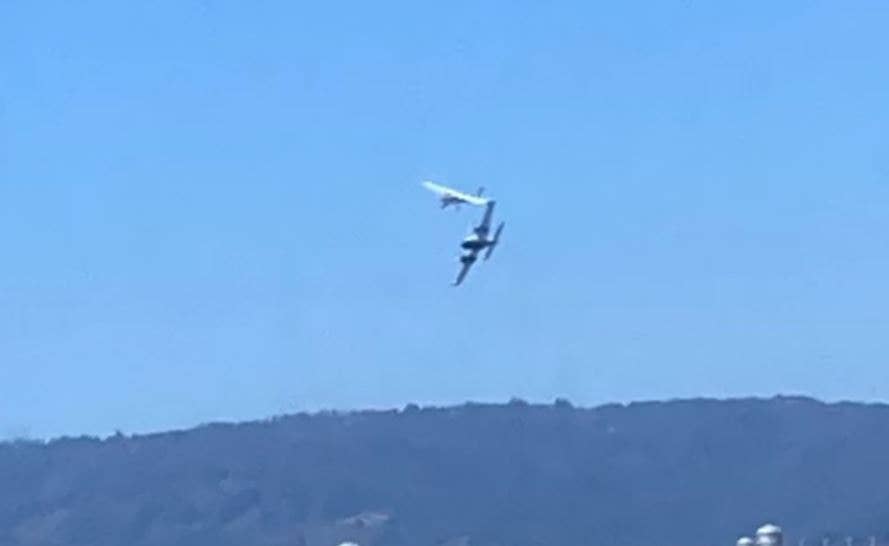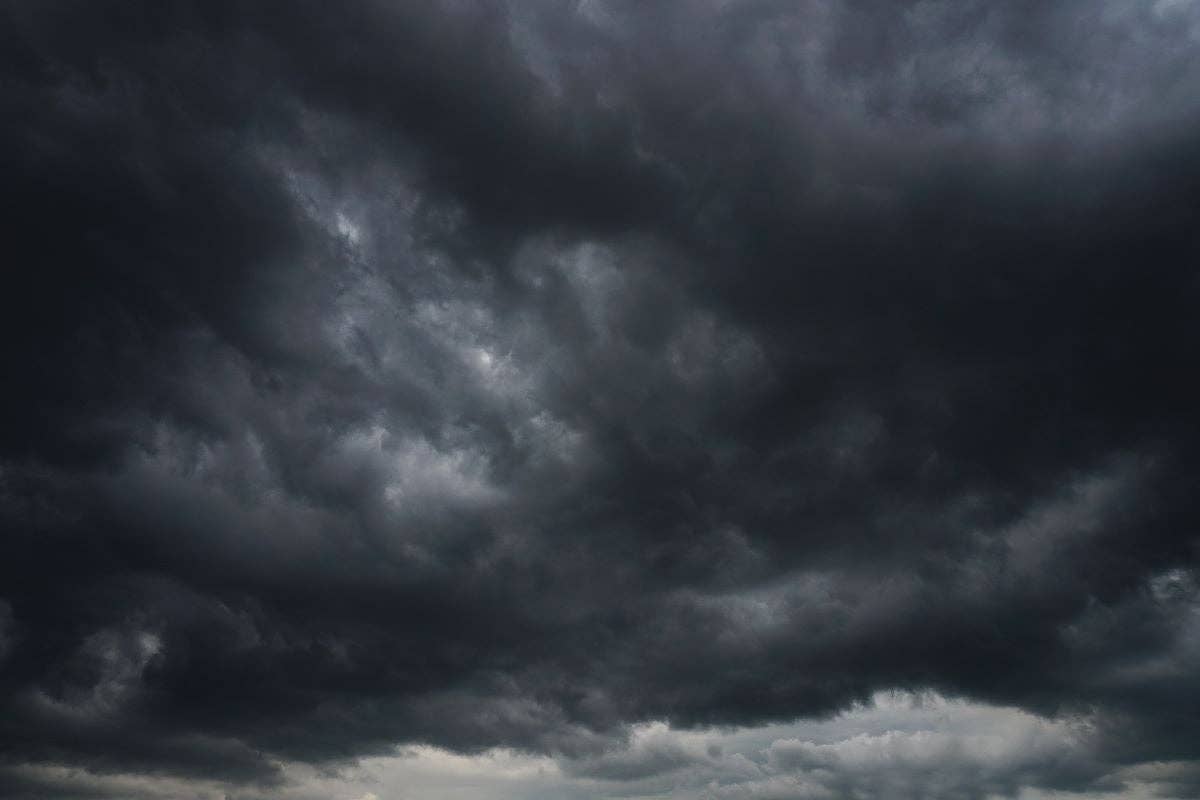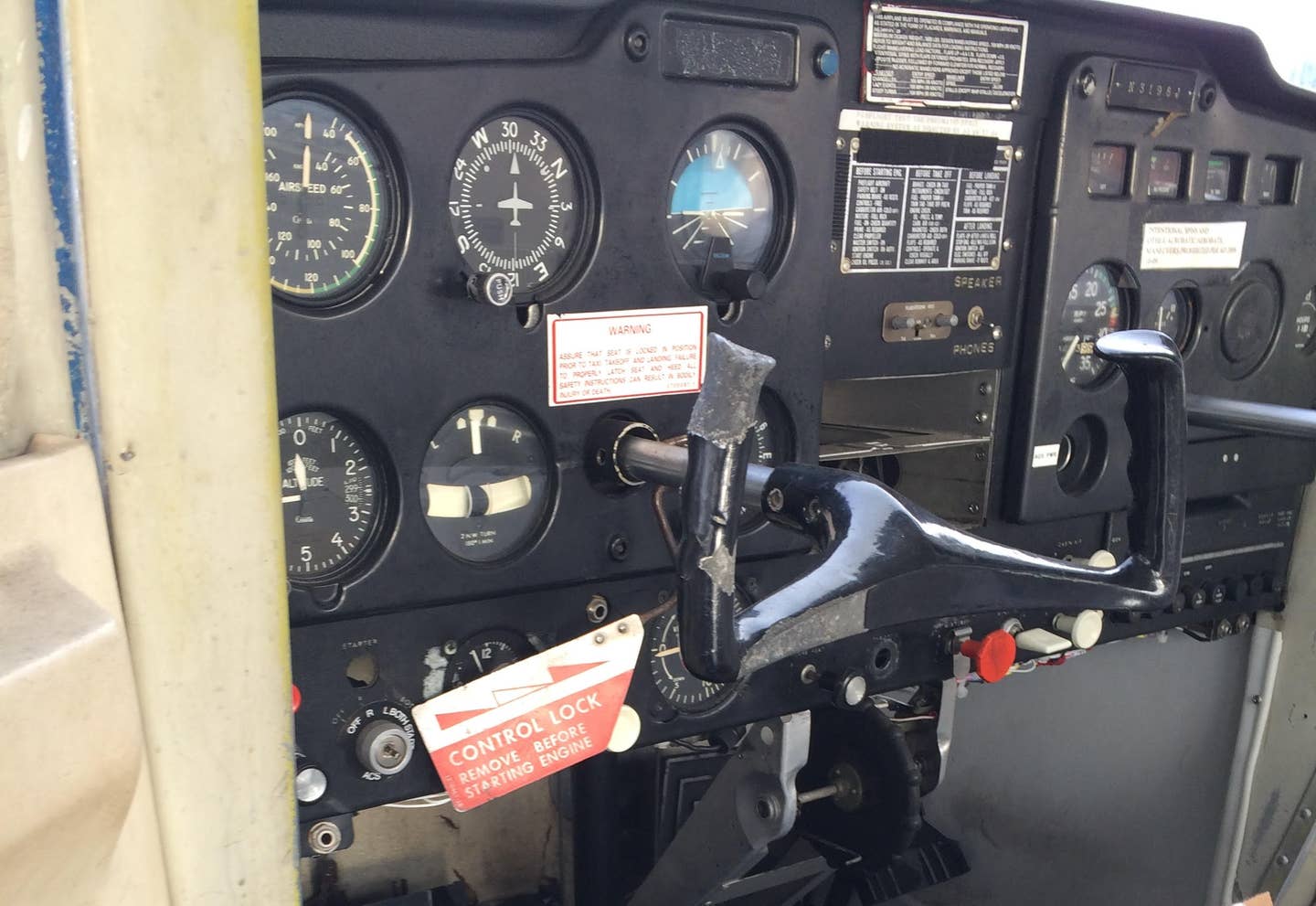Sleep is Crucial For Pilots—All of Them
It’s up to each pilot—GA, airline, cargo, or otherwise—to monitor and control their habits to get enough rest.
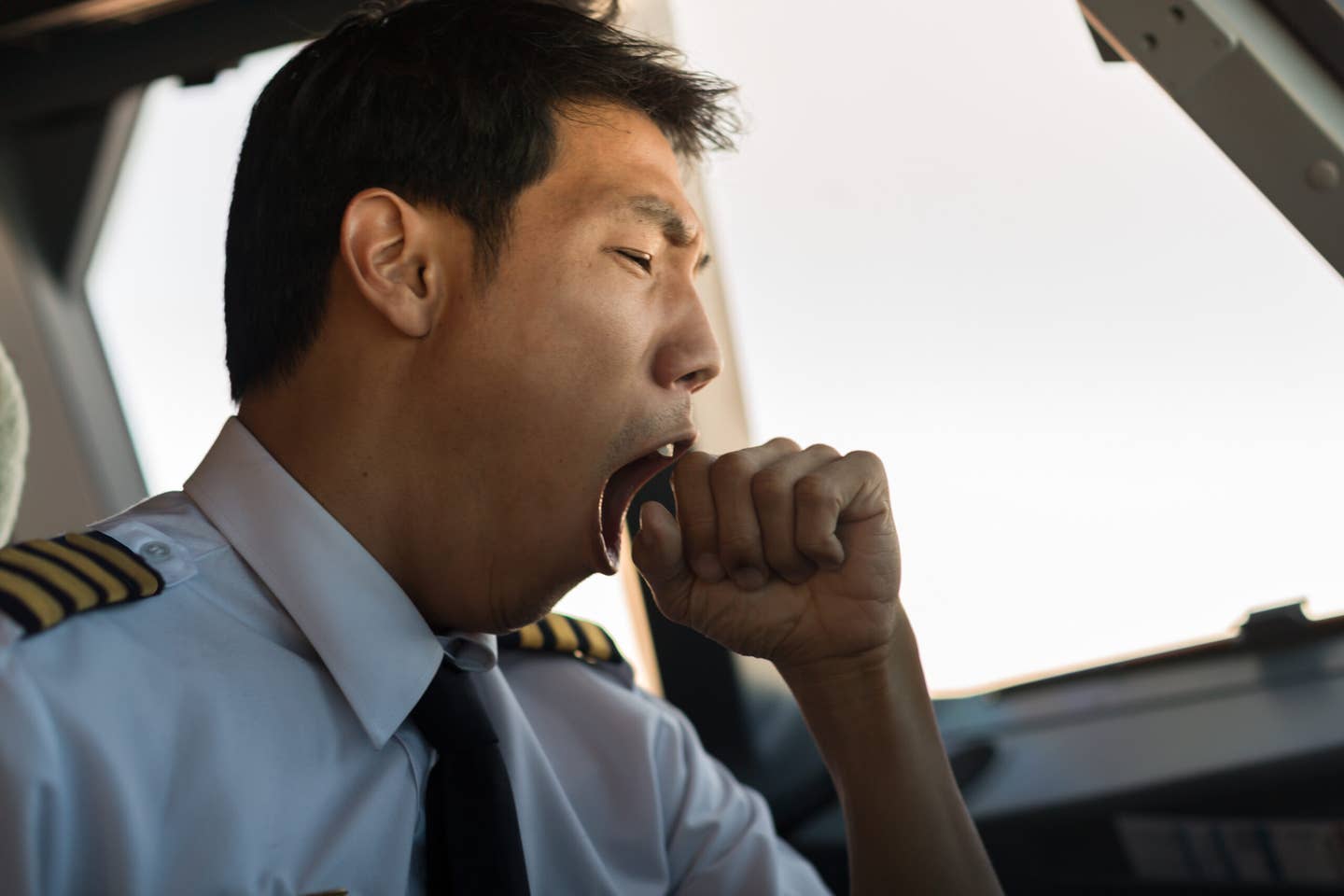
Sleepy pilots aren’t good for anybody. [File Photo: Adobestock]
The Flight Safety Foundation recently published its Annual Safety Report, which measures the causes of incidents and accidents in the previous year. While it covers the obvious numbers—such as loss of control in flight, controlled flight into terrain, and runway mishaps as leading causes of incidents and accidents across aviation operations—what caught my attention was the focus on pilot wellness.
Specifically, the report spotlights the state of mind of the pilots it surveyed as related to sleep and fatigue. At this point, I'm sure no one is surprised that the pandemic added to the burden pilots had to bear to do their jobs, but it is surprising just how universally tired pilots are.
"Fifty-two percent of the operators surveyed indicated that staff reported increased fatigue after returning to work following a long period of inactivity. Constant alertness to ongoing fears and concerns around employment, infection, and protection have a cumulative effect on the psyche," the report stated.
Maybe it isn’t so surprising—the NTSB included the reduction of fatigue-related accidents as part of its “Most Wanted” safety recommendations list in 2020.
After all, sleep is probably the most crucial ally in a pilot's ability to do their job. Flight departments can regulate shifts and time off, but it's up to each pilot to monitor and control their sleep habits. For the industry to ease this hazard, significant changes need to be made to support pilots. In some cases, the changes are structural, and while progress has been made on some fronts, there's still work to be done.
‘If I Look Tired, It's Because I Am’
Very few people could argue against the benefits of the mandatory rest rules the FAA implemented for pilots in 2014, even though it may have caused flight departments to spend more money to expand their workforce. Though implementing that protection took more than a decade, it would be hard to argue that provisions like that decreased the likelihood of pilot burnout and decamping from the industry altogether, especially through early retirement.
But even in the new system, pilots are being pushed right up to their limits. This is because departments still grapple with meeting demands while short on staff. For instance, earlier this month, hundreds of Delta Air Lines pilots could be seen picketing outside various airports bearing signs that said, "If I look tired, it's because I am," protesting their work schedules.
Over 100 pilots joined us in ATL to share their frustration over fatiguing and poor quality schedules. Delta Passengers and Delta Pilots deserve better. #DeltaPilots #ALPA #ScheduleWithSafety https://t.co/7BYlTsWJbZ
— Delta Air Lines Pilots (@Delta_Pilots) March 15, 2022
Similarly, American Airlines pilots staged protests in September at some of their hub airports, citing fatigue as one of the reasons causing them to be unhappy with the airline. In July, Eric Ferguson, president of the Allied Pilots Association—the union that represents American Airlines pilots—penned a letter to the company's leaders calling for urgent actions. Pilots were reportedly stuck sleeping in airports because no hotel accommodations were made for them to rest appropriately.
At times, these public demonstrations by pilots have been tied to contract negotiations, and by using the suggestive messaging of pilot fatigue in front of passengers at airports, hopefully, these actions would create dialogue. Still, at the same time, we shouldn't brush off the seriousness of these claims, considering the serious effect fatigue has on pilots.
Cargo Pilots Left Behind
You'd be surprised to know that cargo pilots haven’t benefited from the same protections as airline pilots, even though they argued to be included in the early version of the rule. In 2021, through the Safe Skies Act, members of Congress, with the support of the Air Line Pilots Association (ALPA), the Coalition of Airline Pilots Associations (CAPA), and the Independent Pilots Association (IPA), led a bill to equalize the rest rules for cargo pilots.
"By applying the same rules that keep commercial pilots safe to cargo pilots, we can close a dangerous loophole that puts undue stress and fatigue on our cargo pilots. We need one strong safety standard, and this bill would make that standard a reality," said Rep. Salud Carbajal, of California.
ALPA president Captain Joe DePete pointed to an alarming statistic that makes this imperative all the more pressing.
"Airline pilots are affected by fatigue, regardless of whether we fly passengers or freight. However, based on statistics, the cargo accident rate is seven times higher than passenger airline operations, with fatigue as a contributing factor. It is time for Congress to pass the Safe Skies Act and ensure one level of safety for all airline operations," DePete said.
So, it is evident that work needs to be done. Pilots will need to exercise extra vigilance to guarantee their own safety.
GA Pilots Need to Exercise Caution
General aviation pilots face the highest exposure, primarily because they are more likely to fly single pilot, typically have higher workloads, and lack safety management systems to guide their operations. This is one reason why the FAA's Civil Aviation Medical Institute (CAMI) has begun conducting various sleep studies to improve their pilots' livelihood.
"You are probably more fatigued than you think, and you pose a bigger threat to your safety than you realize," says Dr. Katrina Avers, a research scientist in the Human Factors Research Division at CAMI.
So, What Can You Do?
The idea of “pushing through” won't work.
Instead, pilots across the board need to spend more time educating themselves about proper sleep hygiene, the benefits of specific activities to improve sleep quality, and natural strategies designed to promote circadian readjustment. At the same time, they also need to understand the effects of fatigue. As Avers points out, "the impacts of fatigue aren't just when we pull an all-nighter—an individual that gets six hours of sleep per night over two weeks can have the same level of elevated fatigue as someone awake for 24 hours straight."
Even if you operate independently, you're not too small to devise a personal fatigue risk management system depending on your flying levels instead of the generic outlines offered in commercial aviation’s duty-day structure. It would help if you also thought about fatigue countermeasures to fully make up for sleep loss, disruption, and time-zone transitions. Finally, new wearable technologies are on the horizon that can help consumers have a better understanding of their sleep patterns. When paired with the right advice, it's possible to make lifestyle choices to manage your sleep better.

Subscribe to Our Newsletter
Get the latest FLYING stories delivered directly to your inbox

